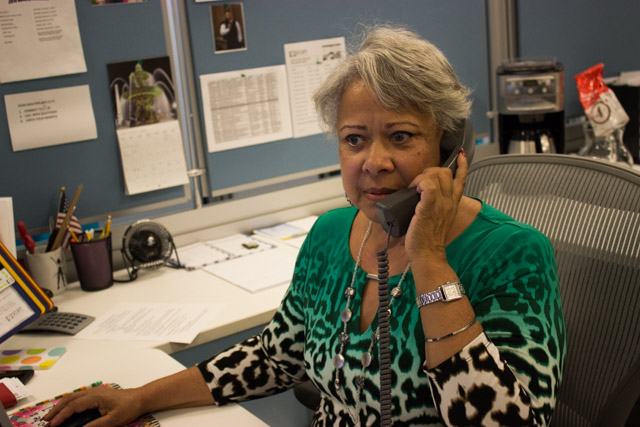
A new program is connecting older adults to each other to relate and share common experiences of social isolation exacerbated by the pandemic.
The Togetherness Program from SCAN Health Plan, a California-based Medicare Advantage provider, includes residents of senior living communities, offering virtual and in-person classes and activities based around shared interests. It also features a phone check-in program and a Tech Buddy to support older adults who want to use digital devices to connect with others.
“We’ve got members who haven’t hugged another person in more than a year,” Lisbeth Briones-Roberts, chief togetherness officer, said in a statement. “We know they need our help reconnecting with people and rediscovering shared meaning with others who can relate to and have a unique understanding of their personal experiences.”
Sachin Jain, M.D, president and CEO of SCAN Group and SCAN Health Plan, called loneliness a health problem — “and that’s exactly how we’re going to treat it.”
The Togetherness Program differs from other socialization programs with its grounding in peer-to-peer interactions. Since 2016, peer advocates, who are SCAN members or employees, have regularly contacted plan members to discuss common issues of aging. They also connect members to community resources and help them navigate the healthcare system.
Proponents say that data show that peer-to-peer interactions work. In 2018, peer advocate interventions increased the number of members seeking treatment for urinary incontinence — a common issue that keeps many older adults from engaging in social activities — by 25%. Peer interventions also have helped members become more physically active, address mobility issues and seek mental health treatments, according to the SCAN Group.
“We know that our peer advocates have helped thousands of SCAN members live healthier, more independent lives by seeking treatment for some of the most common ailments affecting seniors,” Briones-Roberts said. “So we’re building on what we know works and using our experience and expertise to improve health outcomes related to loneliness and social isolation.”


